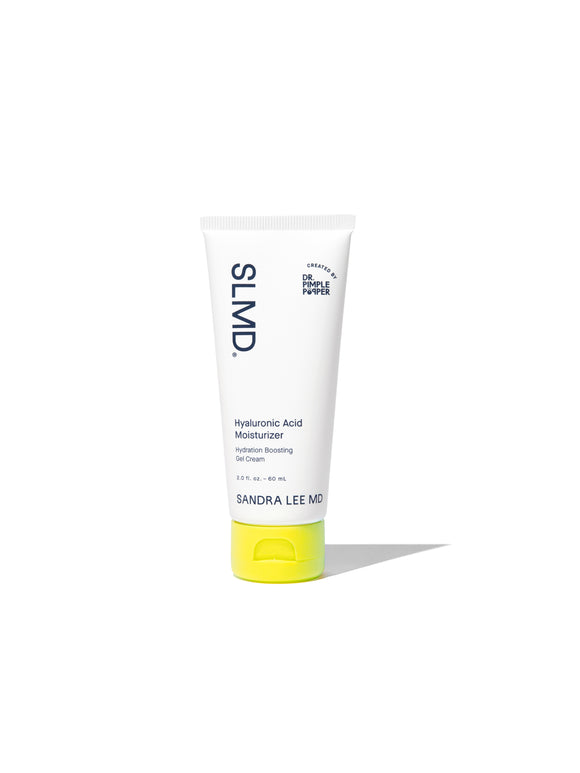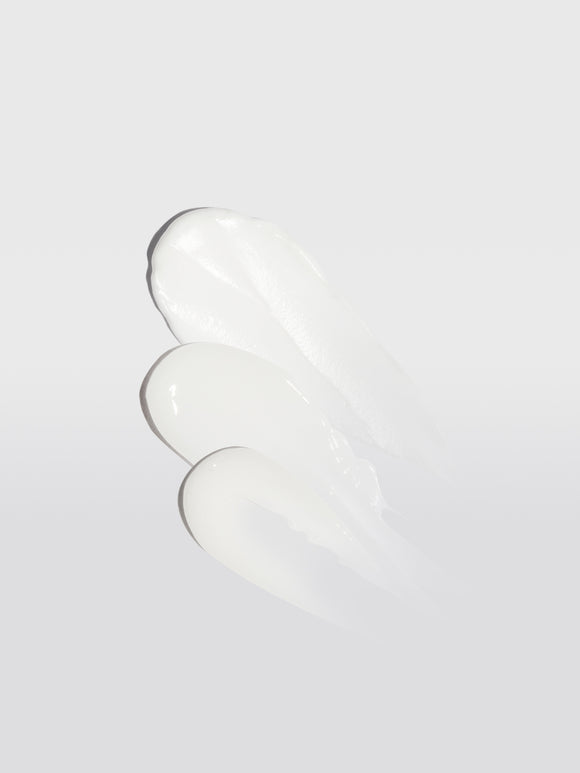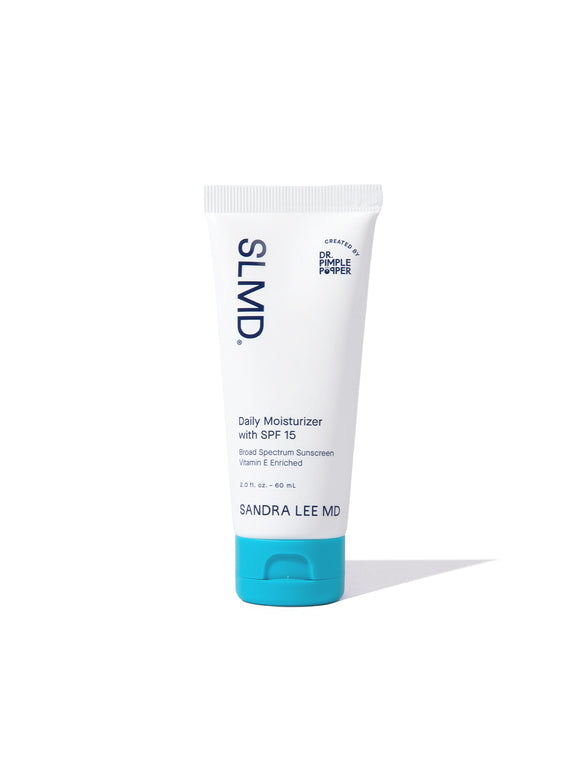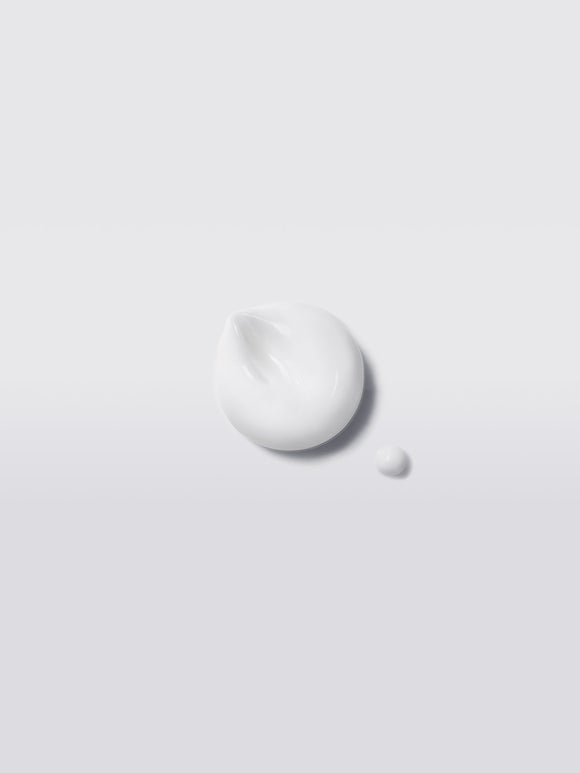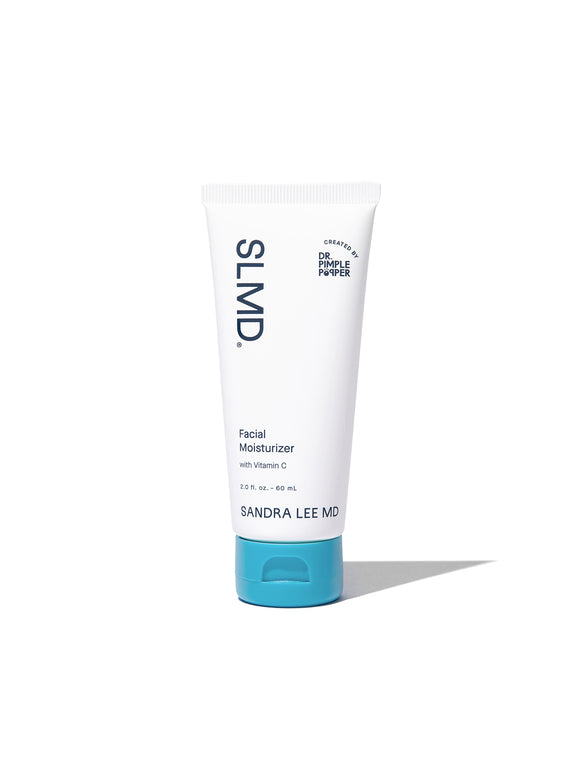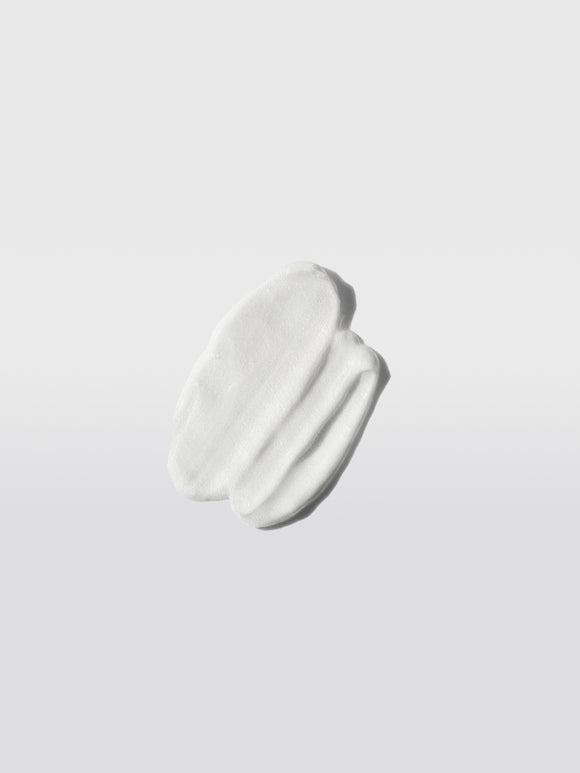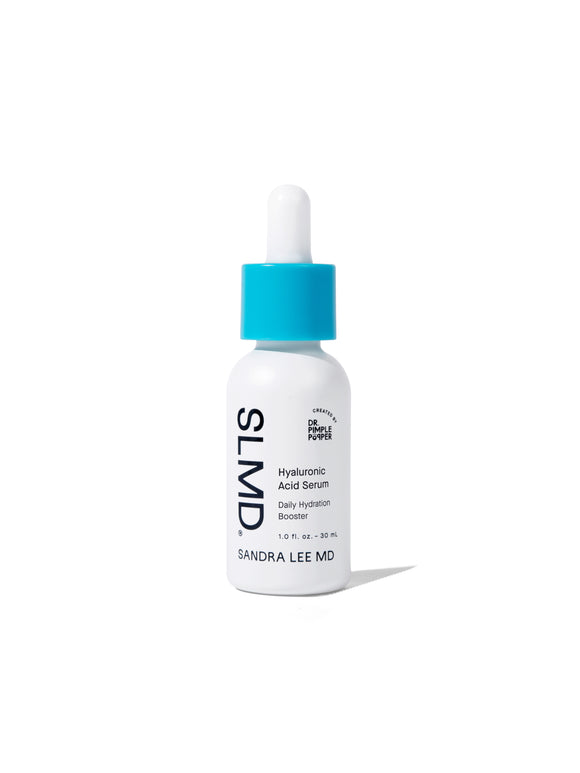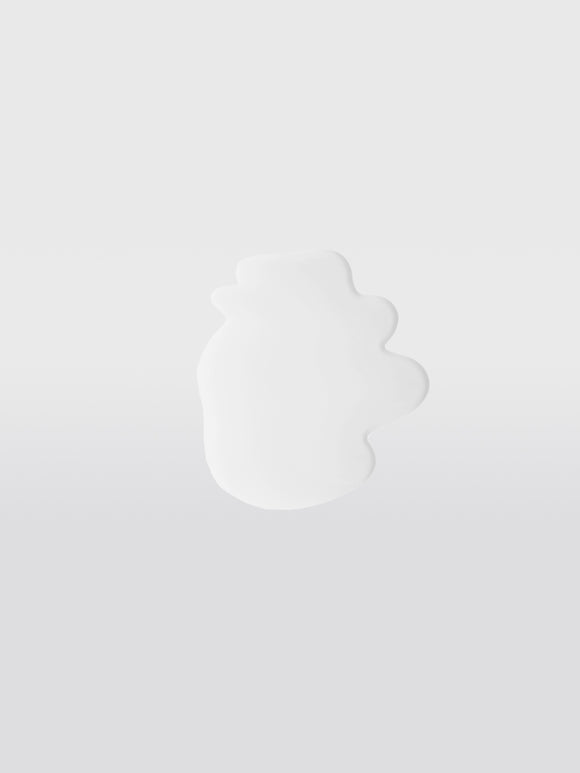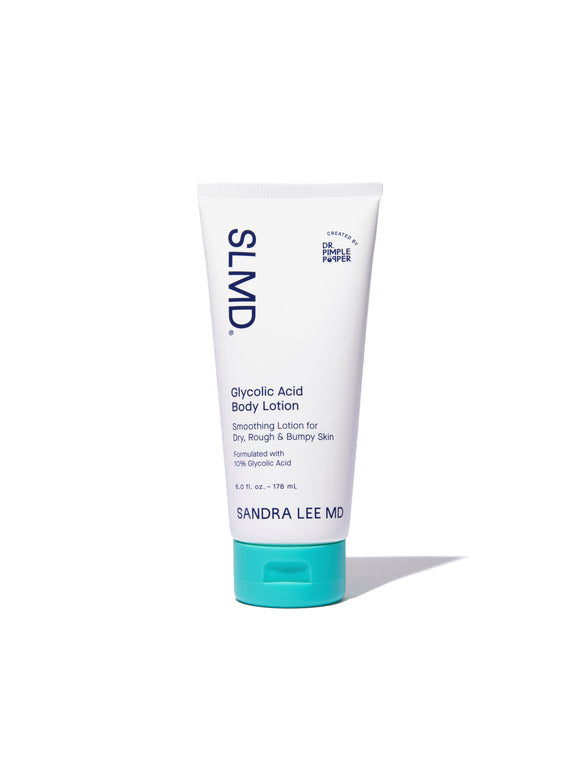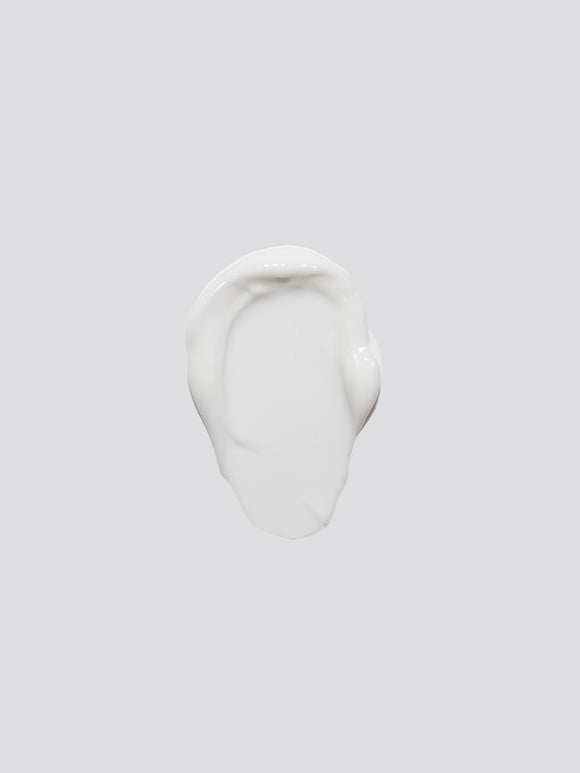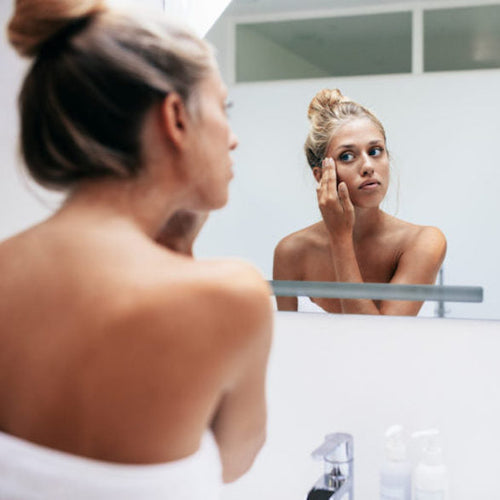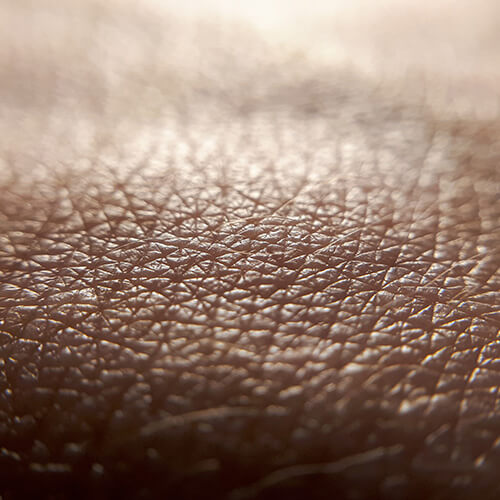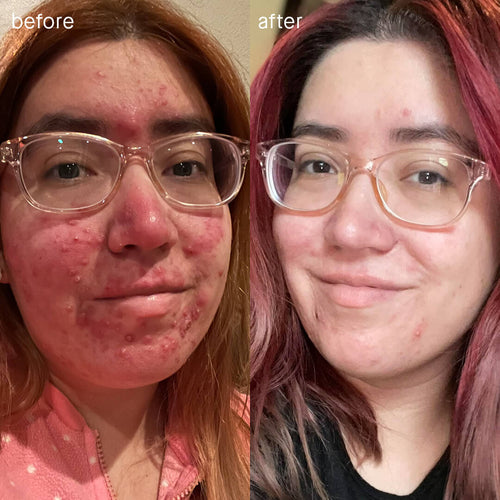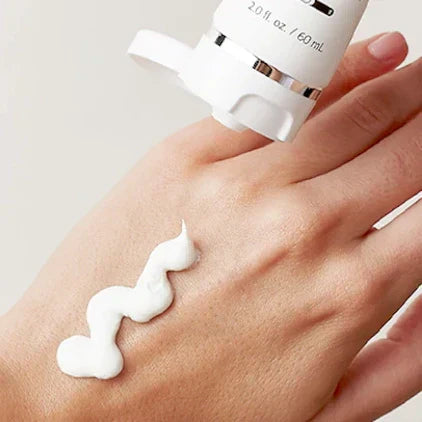
Why Moisturizer Is Important for Every Skin Type
Help your skin barrier help you.
Published:
4 minute read
Ever notice how your skin feels tight, looks dull, or breaks out more when it’s dry? Without moisture, the skin barrier weakens, leaving you more vulnerable to irritation, acne, and premature aging.
According to dermatologist Sandra Lee, MD (aka Dr. Pimple Popper), moisturizer is one of the most important — and most overlooked — steps in skincare. Here, she explains exactly why every skin type needs moisturizer, what ingredients to look for, and how to keep your skin healthy and balanced.
Fast Facts: Moisturizer
- Strengthens the skin barrier against dryness, toxins, and bacteria
- Helps prevent premature aging by plumping skin and softening fine lines
- Balances skin by preventing dryness that can trigger acne
- Delivers key ingredients like glycerin, hyaluronic acid, squalane, ceramides
Article Quick Links
How does skin lose moisture?
Your skin naturally loses water overnight through transepidermal water loss (TEWL). Everyday stressors like harsh weather, indoor heating or AC, long hot showers, late nights, or over-exfoliating make matters worse.
When the stratum corneum (the outermost skin layer) dries out, the cells shrink and crack. That’s when you start to see flakes, rough patches, and fine lines.
For more on how dryness differs from dehydration — and why that distinction matters — read our guide on dry vs. dehydrated skin.

Is having dry skin bad for you?
Dry skin isn’t just uncomfortable — it makes your skin more vulnerable to bigger problems. “When your skin gets too dry, the barrier breaks down,” says Dr. Sandra Lee (aka Dr. Pimple Popper). “That makes it easier for irritants and bacteria to get in, which can lead to acne, irritation, and premature aging.”
Does dry skin cause wrinkles?
Dryness itself doesn’t directly cause wrinkles, but it makes them more noticeable. Without enough hydration, skin loses plumpness and fine lines appear deeper. Over time, chronic dryness and inflammation can interfere with collagen production, accelerating sagging and visible signs of premature aging.
Does dry skin cause acne?
A weakened barrier doesn’t just highlight wrinkles — it can also contribute to breakouts. Dryness increases inflammation and disrupts oil balance, making pores more likely to clog. On top of that, many acne treatments (like benzoyl peroxide) dry skin further, which can worsen irritation. That’s why even oily and acne-prone skin needs moisturizer. Pairing these with a lightweight, non-comedogenic moisturizer helps prevent flare-ups.
Dr. Pimple Popper's Top Moisturizers
What are the benefits of moisturizing?
Moisturizer does more than soften skin — it supports your skin’s natural defenses and improves how it looks and feels over time. Regular use can:
- Restore and strengthen the skin barrier, protecting against environmental stressors
- Reduce discomfort like tightness, itching, and flaking
- Improve texture, leaving skin smoother and softer
- Help minimize signs of premature aging, including fine lines and loss of elasticity
- Balance acne-prone skin by preventing over-drying and reducing inflammation
What should I look for in a moisturizer?
The most effective moisturizers combine three categories of ingredients:
- Humectants: pull water into skin (glycerin, hyaluronic acid, beta glucan)
- Emollients: smooth and soften by filling gaps between cells (squalane, ceramides)
- Occlusives: lock in hydration with a protective layer (petrolatum, castor oil, shea butter)
Dr. Pimple Popper tip: “Choose a moisturizer that’s formulated for your skin type so it hydrates effectively without causing irritation or breakouts.”
Try: SLMD Hyaluronic Acid Moisturizer, SLMD Hyaluronic Acid Serum, Facial Moisturizer with Vitamin C

How often should I moisturize?
Consistency is key. Apply moisturizer twice daily (morning and night) and reapply if your skin feels tight, after cleansing, or in harsh climates.
In the morning, moisturizer preps and protects skin for the day (don’t forget SPF). At night, it helps restore the barrier while skin repairs itself.
Dr. Pimple Popper tip: “Apply moisturizer to slightly damp skin — it helps lock in hydration more effectively.”
Moisturizer FAQ
Q: Can I over-moisturize?
A: You can moisturize too often, especially if you’re using heavy occlusive products. Overdoing it may clog pores or leave skin feeling greasy. To avoid this, stick with lightweight, non-comedogenic formulas unless your skin is extremely dry.
Q: Do I need different moisturizers for day and night?
A: You do not necessarily need different moisturizers for day and night. Many people use the same lightweight formula twice a day, such as SLMD Hyaluronic Acid Moisturizer. Those with very dry skin or in colder months may choose to layer on additional hydration at night.
Q: Should I moisturize if I have sensitive skin?
A: You should moisturize even if you have sensitive skin. Choose gentle, fragrance-free, non-comedogenic formulas with barrier-supporting ingredients like ceramides and squalane.
Q: Can moisturizer replace sunscreen?
A: A regular moisturizer cannot replace sunscreen, but a moisturizer with SPF can provide sun protection if it’s applied generously and as directed. For example, SLMD Daily Moisturizer with SPF 15 hydrates while delivering broad-spectrum defense in one step.

Dr. Lee's Last Word
No matter your skin type — even if you have oily or acne-prone skin — you still need moisturizer. Keeping skin hydrated and balanced helps minimize breakouts and reduce the signs of premature aging.



